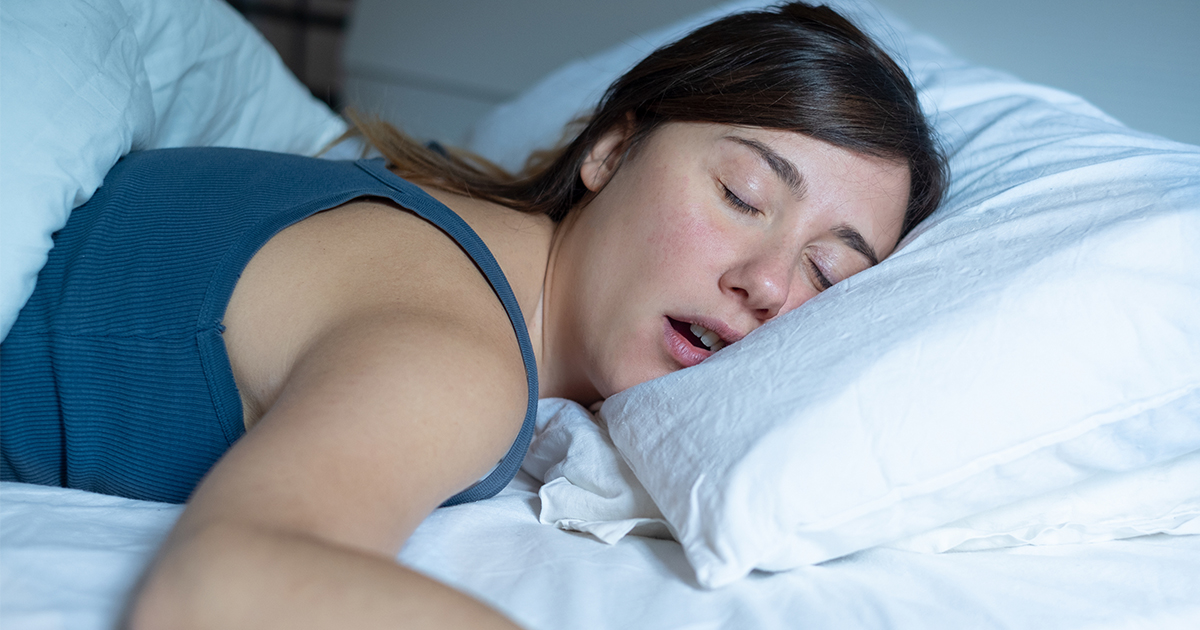Undiagnosed sleep apnea, a common sleep complaint, can lead to greater health conditions and significant medical bill costs, researchers have said.
Left untreated, obstructive sleep apnea (OSA), where breathing repeatedly stops and starts during sleep, increases the chances of cardiovascular disease, stroke, depression, type 2 diabetes and even early death.
A team from the University of Maryland School of Medicine (UMSOM) say people who have undiagnosed sleep apnea and ignore symptoms are more likely to have doctor appointments and hospital stays than those without.
The trial involved looking at medical costs among Americans who were 65 or older and who had OSA. As the USA does not have free national healthcare, the researchers analysed the medical bills of those with whose OSA had gone undiagnosed for a year.
They found those who had their sleep condition diagnosed earlier had fewer doctor appointments and hospital stays, which made a significant difference to their bank balance, as those with undiagnosed OSA can expect to pay, on average, $20,000 (£15,345) more in medical costs across as 12-month period.
Lead researcher Dr Emerson Wickwire, Associate Professor of Psychiatry and Medicine at UMSOM and Director of the Insomnia Program at the University of Maryland Medical Center, said: “We conducted the largest economic analysis of sleep apnea among older adults to date.
Medicare beneficiaries with obstructive sleep apnea cost taxpayers an additional $19,566 per year and utilised more outpatient, emergency, inpatient, prescription, and overall health care services.
“It’s important to realize that costs associated with untreated sleep disorders are likely to continue to accrue year after year, which is why our group focuses on early recognition and treatment.
“The good news is that highly effective diagnostic and treatment strategies are available. Our team is currently using big data approaches as well as highly personalised sleep disorder treatments to improve outcomes and reduce costs associated with sleep disorders.”
The research has been published in the Journal of Clinical Sleep Medicine.








